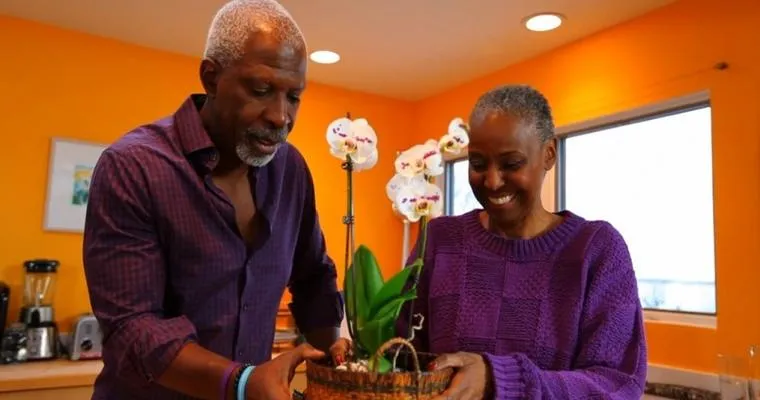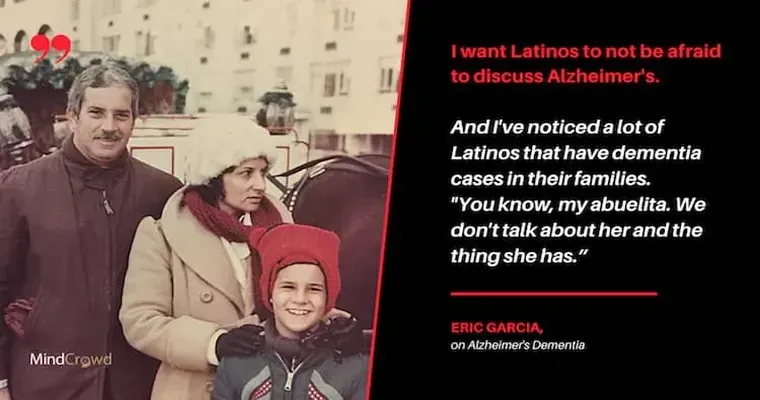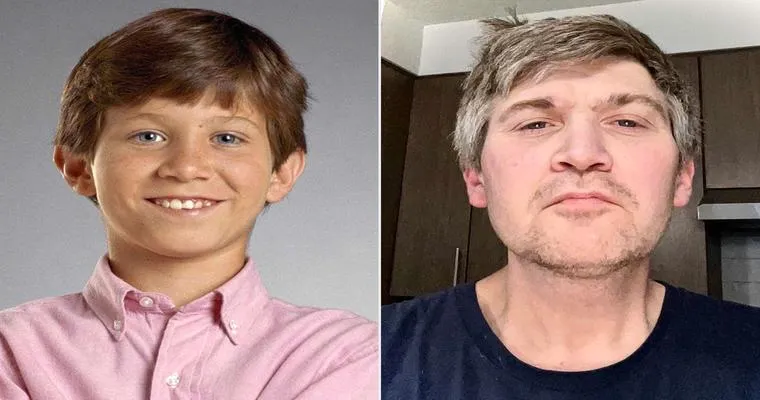Dealing with a loved one's "memory loss" and "confusion" can be an overwhelming experience, especially when the medical community offers little clarity beyond a diagnosis of "dementia" or "Alzheimer’s". If you find yourself in a situation where your 54-year-old mother is showing signs of cognitive decline, and the doctors seem to be at a standstill, you are not alone. Many families face similar challenges and often feel lost in the process. This article aims to provide guidance and support for those navigating this difficult journey.
Understanding Memory Loss and Confusion
Memory loss and confusion can manifest in various ways, from occasional forgetfulness to significant challenges in daily living. For many, the initial signs can be subtle, which makes it hard to determine when to seek help. In your mother's case, if she has been diagnosed with dementia or Alzheimer's, it's crucial to understand that these conditions can vary widely in symptoms and progression.
Seeking a Second Opinion
If you feel that the current medical advice is insufficient, seeking a "second opinion" can be beneficial. Different healthcare professionals may offer alternative assessments or strategies that could help in managing her symptoms. Look for specialists in "neurology" or "geriatric medicine" who have experience with early-onset dementia. A comprehensive evaluation, including cognitive tests and brain imaging, can provide more insight into her condition.
Exploring Treatment Options
While there is currently no cure for Alzheimer’s or dementia, there are treatment options available that can help manage symptoms. Medications such as cholinesterase inhibitors may help improve memory and cognitive function for some individuals. Additionally, lifestyle changes, including a balanced diet, regular exercise, and mental stimulation, can play a significant role in slowing down cognitive decline.
Support from Caregivers
As a caregiver, your role is vital in providing support and understanding. It is essential to learn as much as you can about dementia and Alzheimer's to better understand what your mother is experiencing. Joining a support group can also be incredibly beneficial. Connecting with others who are facing similar challenges can provide not only emotional support but also practical strategies for day-to-day caregiving.
Creating a Safe Environment
Safety is a primary concern for individuals with memory loss. Ensuring that your mother's home environment is safe and accommodating can help reduce confusion and anxiety. Consider making adjustments, such as labeling items around the house, removing tripping hazards, and establishing a daily routine. Familiarity can provide comfort and security for someone experiencing confusion.
The Importance of Patience and Understanding
As you navigate this journey, remember that patience and understanding are essential. Your mother may experience mood swings or become easily frustrated due to her condition. Being empathetic and supportive can help ease her anxiety and create a more positive atmosphere.
Reaching Out for Professional Help
If your mother’s condition worsens, or if you find yourself struggling to cope, it may be time to seek professional help. Home health services, adult day programs, or even respite care can provide much-needed support for both your mother and yourself. These services can help balance caregiving responsibilities while ensuring your mother receives the attention she needs.
Conclusion
Dealing with a loved one’s memory loss and confusion is undoubtedly challenging, particularly when faced with a diagnosis of dementia or Alzheimer’s. However, by seeking the right support, exploring treatment options, and creating a safe environment, you can navigate this difficult time with greater confidence. Remember, you are not alone in this journey, and there are resources available to help both you and your mother find the support you need.





